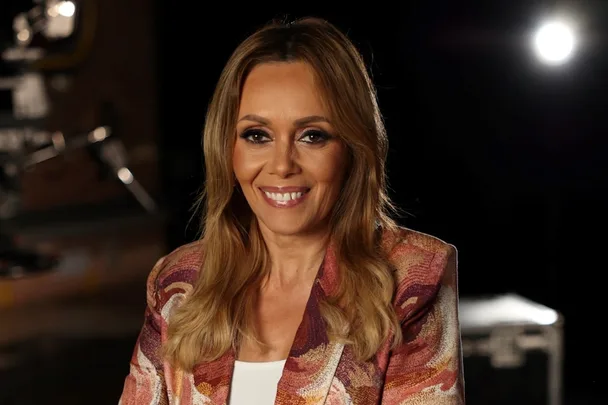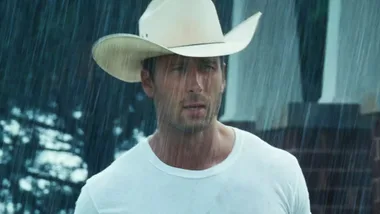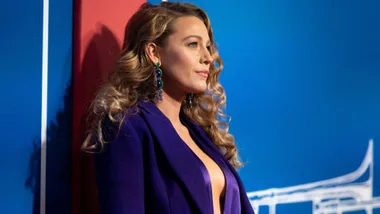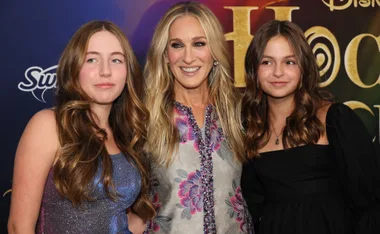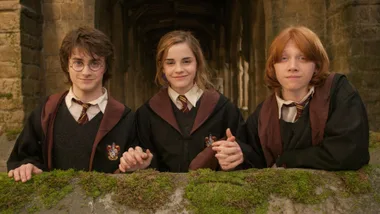As soon as I finished Year 12 in Adelaide, where I grew up, I applied for a cadetship at the local newspaper. I was 17, bright-eyed and bushy tailed and pretty naive.
Being a journalist was all I’d ever wanted, and the cadetship was my chance to become one. At the interview, I sat across from an older, non-Indigenous man and a non-Indigenous woman. The man spoke about me as though I wasn’t even there. “She’s pretty enough,” he said to the woman. “But would she be able to communicate?” Because I’m Aboriginal, this man doubted my ability to communicate. Not surprisingly, I didn’t get the cadetship.
Looking back on that moment now, I’m horrified. I didn’t let that racist man at my cadetship interview stop me from becoming a journalist, but I’ll never forget that feeling of being spoken about instead of to; it made me feel voiceless. That’s why, when it comes to the referendum, I think it’s important to hear everyone’s voices.
As the host of Living Black [an Indigenous current affairs program] on NITV, it’s up to us to present diverse views with impartiality. First Nations people aren’t all the same and we don’t always agree. Across Australia, there are more than 250 Indigenous language groups and so many nations with different perspectives and different needs.
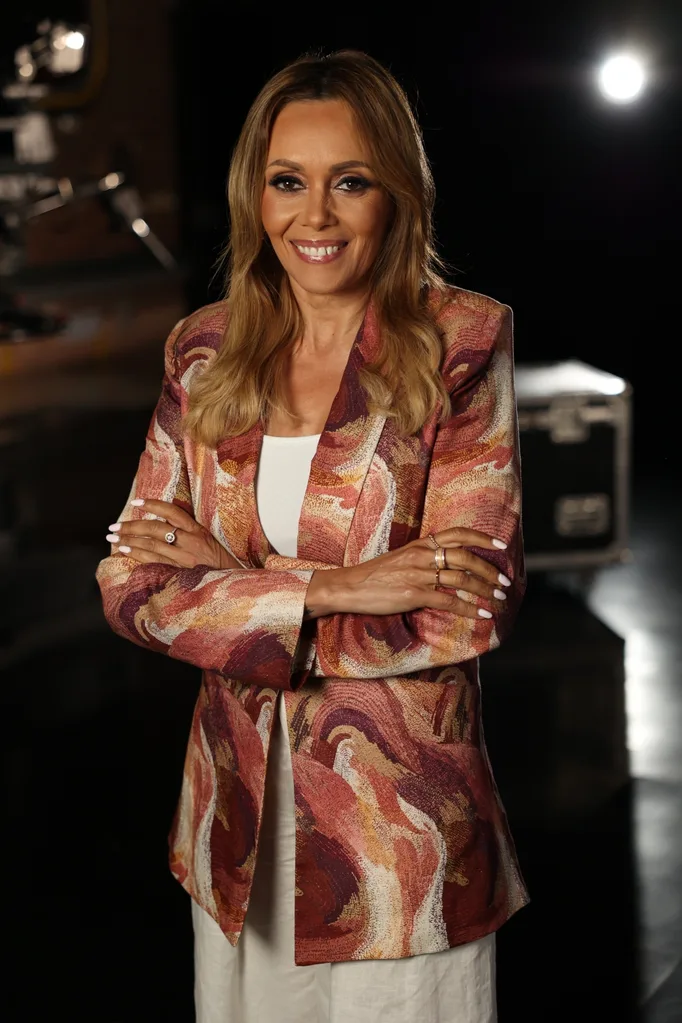
All of our voices need to be heard, especially community voices, because the referendum is going to affect us all. I think a lot of Australians want more information on the referendum, and listening to different opinions will help us make an informed decision. There are arguments for and against the Voice to Parliament. [Lawyer and activist] Noel Pearson, who is one of the key architects of the Uluru Statement from the Heart, is campaigning for the Yes vote, arguing that First Nations people need to be recognised in the Constitution – through the enshrinement of the Voice to Parliament – for treaties to happen.
Then there’s Independent senator Lidia Thorpe, who represents the Black sovereignty movement and wants treaties to come first – instead of the Voice. There are a lot of strong views and strong personalities leading these conversations but it’s also important for Aboriginal people living in communities on Country to have a say.
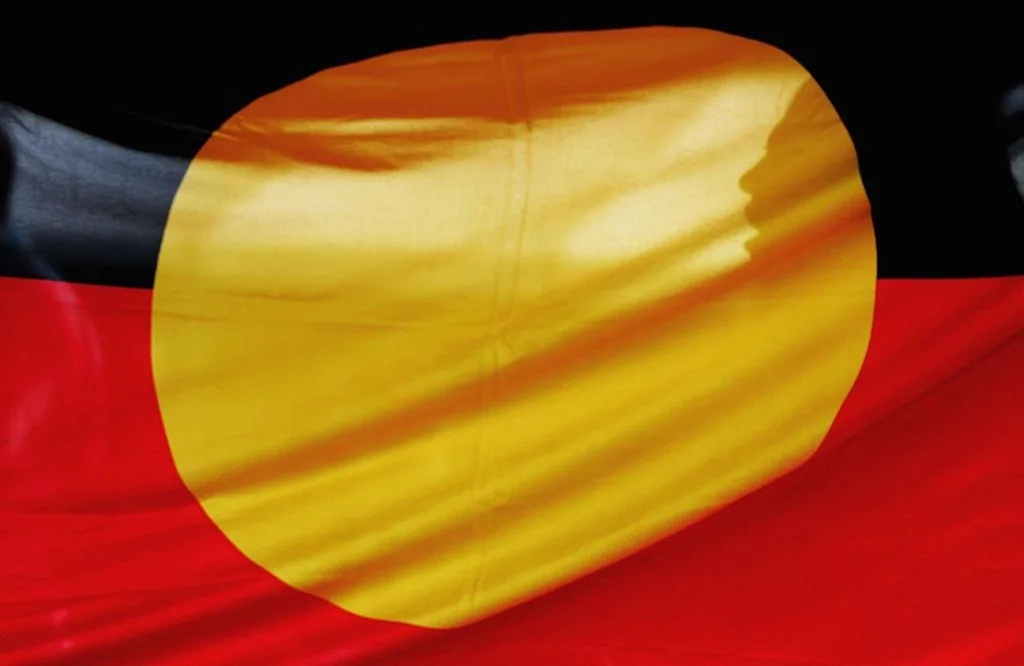
The reason I wanted to become a journalist was because of my strong sense of social justice. As an Aboriginal girl growing up in Adelaide, I saw a lot of injustice. I experienced racism at school and witnessed my uncles being picked up by police, taken to the station and bashed for unpaid fines.
At the age of 13, I remember answering the front door and lying to the police while my uncles hid in the shed because they were afraid of being bashed. I pursued a career in journalism because I wanted to bring these issues to light and to be a part of the change.
I’ve been in the media for 30 years now and I’m still covering the same issues over and over again. I’m constantly talking to families who have had children removed and put into out-of-home care, and families who’ve lost loved ones in police custody. These things shouldn’t be happening in this day and age. I shouldn’t have to keep reporting on these injustices. I want to see real change for our people. Whatever happens with the referendum, we need to address the real issues facing First Nations people to have a better and brighter future for this country.
Living Black is on NITV at 8.30pm Mondays, or available to stream on SBS On Demand.
